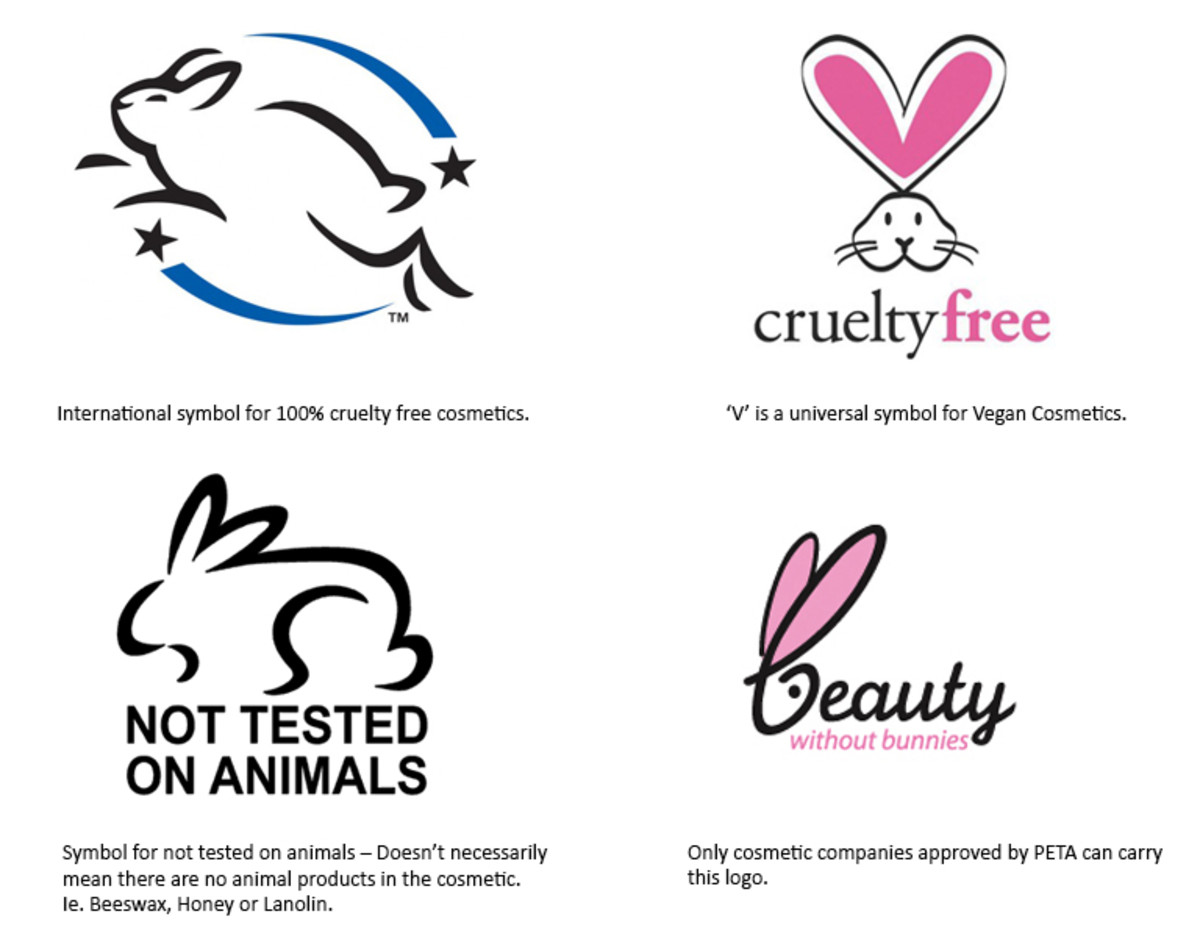In recent years, the movement for ethical consumerism has gained considerable momentum, and as we navigate through 2025, identifying cruelty-free brands has become paramount for conscientious shoppers. The notion of animal welfare has transformed, as more consumers demand transparency and ethical practices from the brands they support. This comprehensive guide will illuminate the landscape of cruelty-free cosmetics, delineating various brands and their commitment to humane practices.
The term “cruelty-free” signifies that a product has not been tested on animals at any phase of its development. As awareness grows, an increasing number of brands proudly declare their cruelty-free status, often accompanying this claim with certifications from reputable organizations. In 2025, a plethora of cosmetics and personal care brands have secured their positions as leaders in this ethical marketplace.
Accessible Brands for All Budgets
Affordability plays a crucial role in ethical shopping. Several cruelty-free brands have emerged that cater to budget-conscious consumers without compromising on quality. e.l.f. Cosmetics is a prime example, offering a diverse range of makeup products that are both wallet-friendly and devoid of animal testing. Their extensive catalog spans from palettes to skincare, all while committing to cruelty-free practices. Similarly, Wet n Wild has established itself as a go-to option for those seeking vibrant cosmetics without the hefty price tag. They actively participate in animal welfare initiatives, showcasing their dedication to social responsibility.
On the mid-range tier, brands like Anastasia Beverly Hills and Too Faced have achieved significant acclaim. Both are recognized not only for their high-quality products but also for their staunch commitment to being cruelty-free. Each of these brands combines luxurious formulations with ethical practices, proving that one can enjoy premium beauty products while championing animal rights.
Luxury Brands with a Conscience
For those who are willing to invest, the luxury cosmetics market is teeming with cruelty-free options. High-end brands such as Hourglass and Tarte Cosmetics have solidified their reputation by embracing ethical sourcing and sustainable practices. Hourglass, for instance, has taken strides towards sustainability by committing to vegan formulations, which ensures that no animal-derived ingredients are used in their products.
These luxury brands often outline their animal welfare commitments transparently, providing consumers with peace of mind. In 2025, luxury beauty enthusiasts can indulge guilt-free, knowing that their purchases support brands that prioritize animal welfare alongside aesthetic excellence.
Innovative Startups Leading the Charge
The rise of innovative startups has ushered in a new era for cruelty-free cosmetics, characterized by creativity and an unwavering commitment to ethics. Brands like Ilia Beauty and Rituel de Fille exemplify this trend. Ilia Beauty offers a stunning array of makeup that combines skin-loving ingredients with vibrant colors. Their focus on clean beauty standards ensures that both the products and the processes align with the ethos of cruelty-free living.
Rituel de Fille, known for its artistic approach to beauty, produces small-batch, handmade products that are as kind to animals as they are visually striking. By supporting these startups, consumers not only champion animal rights but also contribute to the burgeoning movement towards more sustainable and ethical practices within the beauty industry.
Certification Programs and Labels
As consumers endeavor to make informed choices, understanding the significance of certification programs becomes essential. In 2025, various organizations, such as the Leaping Bunny and PETA, provide recognizable labels that help guide ethical consumers. The Leaping Bunny certification, renowned for its rigorous standards, signifies that a brand has committed to a comprehensive animal testing ban. Brands that proudly display this emblem, such as Urban Decay and Origins, provide additional reassurance regarding their commitment to cruelty-free practices.
PETA’s cruelty-free logo also serves as a valuable indicator. Many consumers rely on these certifications to navigate the vast market of cosmetics, ensuring their purchases align with their values. As the demand for transparency persists, it’s expected that more brands will seek such certifications, thereby enhancing ethical standards across the industry.
Consumer Responsibility and Advocacy
While navigating the expansive cruelty-free cosmetics market, consumers must recognize their power as advocates for change. Supporting cruelty-free brands sends a clear message to the industry: there is a demand for humane practices. Additionally, engaging in conversations on social media, sharing information about ethical brands, and supporting initiatives focused on animal welfare amplify the impact one individual can make.
Involvement in petitions and initiatives aimed at banning animal testing can further contribute to a broader change within the industry. By choosing to be proactive rather than reactive, consumers become integral to the movement, fostering a compassionate society that values life in all forms.
Conclusion
The evolution of cruelty-free cosmetics has transformed the beauty landscape, resulting in a wealth of options for consumers in 2025. From budget-friendly to luxury brands, the commitment to humane practices is evident across various price points. By understanding the significance of certifications and embracing consumer responsibility, shoppers are empowered to make informed choices that align with their ethical values. Together, the collective efforts of consumers, brands, and advocates will continue to drive meaningful change, ensuring that the beauty industry remains a bastion of compassion.








